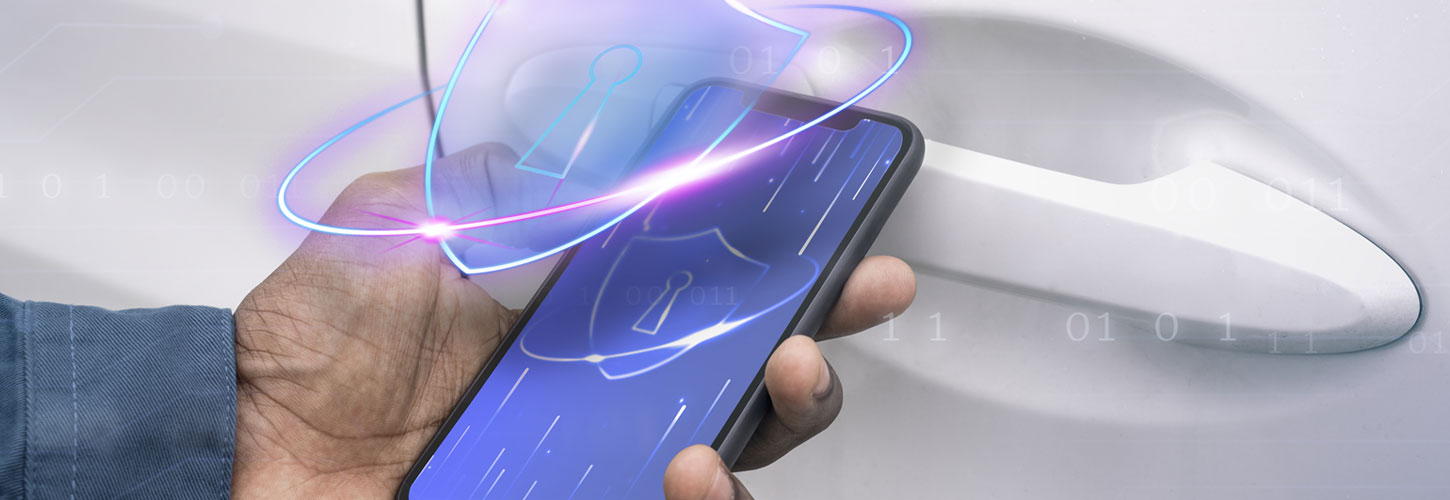Car Insurance and Fintech: Steering Towards a Brighter Future.
Every industry in today's digital age is undergoing a technological transformation, and the insurance sector is no exception. Particularly when it comes to car insurance, fintech—or financial technology—stands as a driving force reshaping the way we understand, access, and manage our policies. But what exactly does this mean for the average policyholder and the future of the insurance sector?
The Current Landscape: Fintech's Growing Impact
Gone are the days when obtaining car insurance meant cumbersome paperwork and waiting in long queues. Fintech innovations have ushered in a streamlined, user-centric approach to insurance. From instant quotes to AI-driven claim processing, the car insurance space is increasingly leveraging technology to enhance the customer experience.
Personalisation Through Data
With the integration of big data and AI, car insurance providers are now able to offer highly personalised policies. By analysing a driver's habits, location, and other factors, insurance premiums can be more accurately priced to reflect the individual's risk profile. This means safer drivers could benefit from lower premiums, while those with riskier behaviours might be encouraged to adopt safer habits.
Claim Processing Reinvented
Filing a claim used to be a dreaded process. However, with fintech innovations like chatbots and AI-driven assessment tools, the turnaround time for claim processing has been drastically reduced. In the near future, we might even see car sensors automatically reporting accidents to insurers, streamlining the process even further.
Blockchain and Car Insurance
While blockchain is often associated with cryptocurrencies, its application in car insurance is promising. Blockchain can create tamper-proof logs of claims, policy details, and customer interactions. This can reduce fraudulent claims and ensure a more transparent and efficient system.
The Road Ahead: Future Trends in Car Insurance
As we navigate through this era of rapid technological change, there are several trends on the horizon that could further redefine car insurance:
Telematics and Usage-Based Insurance (UBI): By installing telematics devices in vehicles, insurers can gather real-time data about driving habits. This will not only allow for more personalised premiums but also offer feedback to drivers about their driving, potentially reducing accidents and claims.
Peer-to-Peer (P2P) Insurance Models: Leveraging the principles of the sharing economy, P2P insurance models allow individuals to pool their resources. This model could provide more customised policies and potentially lower costs by reducing overhead associated with traditional insurance companies.
Integration with Smart Cities: As urban areas become more connected, car insurance will intertwine with city infrastructure. Imagine your vehicle communicating with traffic lights or parking spaces, and this data being used to determine insurance premiums.
Eco-Friendly Discounts: With the rise of electric vehicles (EVs) and increased environmental consciousness, insurers might offer discounts for eco-friendly driving habits or for opting for EVs, further promoting sustainable choices.
Fintech's influence on car insurance is just the
tip of the iceberg when we talk about the broader insurance industry. What's
clear, however, is that as technology continues to evolve, so will our
experience with car insurance. While challenges remain, especially concerning
data privacy and cybersecurity, the future looks promising. A world where car
insurance is more transparent, fair, and user-centric is on the horizon, and
fintech is leading the way.
Disclaimer: The views and opinions expressed in this blog post are solely those of the author and do not necessarily reflect the official position or policies of OneSure or any regulatory body. The content provided is for informational purposes only and should not be construed as professional advice. Readers should consult with a licensed professional for specific guidance related to their individual circumstances.



